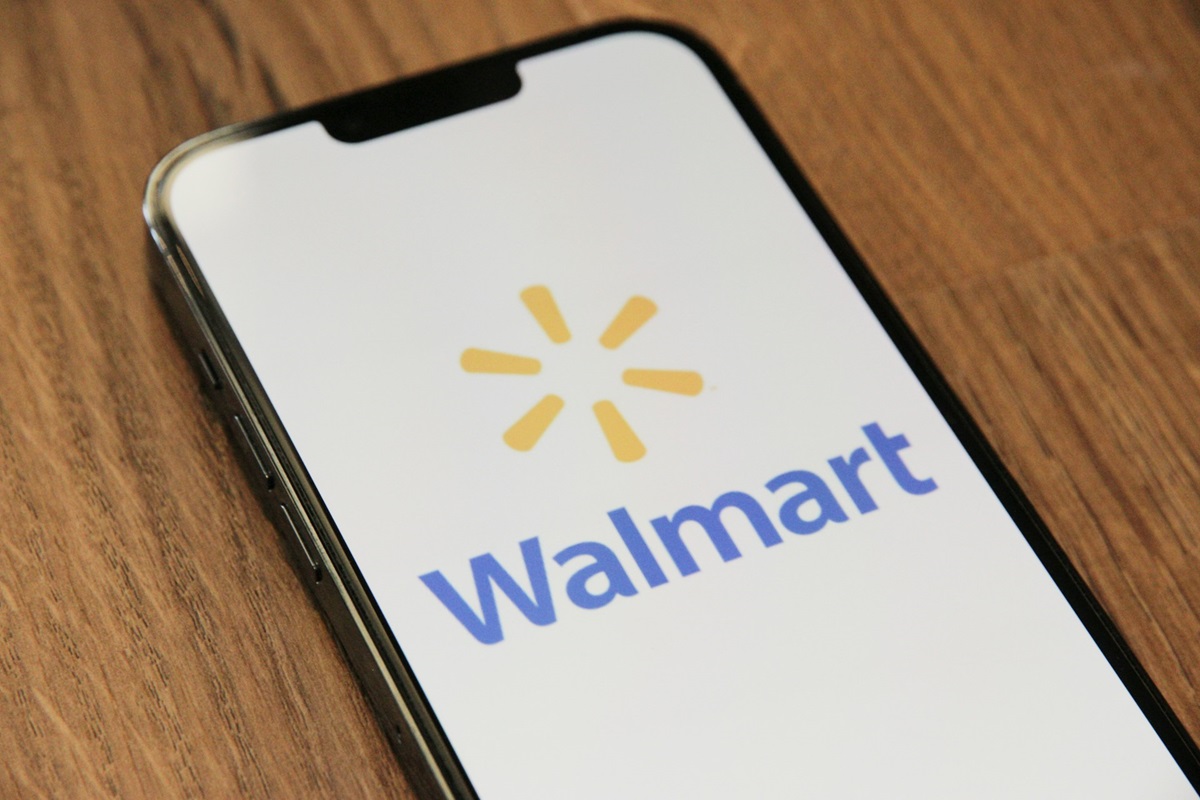Walmart has unveiled a new grocery brand as part of its drive to retain the customers the company gained during a period of high inflation.

On Tuesday, April 30, the mentioned firm announced the launch of its own label Bettergoods. This brand will include a line of more trendy chef-driven foods. The cost of most items will be less than $5.
The company stated that the decision to establish a new brand was made after a request for exquisite culinary, inspiring types of goods was recorded from customers. Scott Morris, senior vice president of Private Brands, Food, and Consumables at Walmart, made the corresponding statement during a conversation with media representatives. The retailer has designed Bettergoods for all customers, but at the same time expects that this brand will be most in demand among younger and more affluent consumers.
Walmart is currently the largest grocer in the United States in terms of revenue. In the last fiscal year, which ended in January, almost 60% of the company’s sales were in the grocery business. Walmart does not disclose how much of the revenue from the sale of products comes from private labels. For example, in the Sam’s Club warehouse, a private label accounts for about 30% of sales.
Walmart’s large food business contributed to an increase in in-store traffic and online traffic during a period of high inflation. It is worth noting that changing the model of consumer behavior in a difficult economic situation is a kind of traditional pattern. During a period of high inflation, Walmart’s reputation as a low-cost company became a kind of auxiliary factor. Against this background, the firm gained the attention of a significant number of consumers who faced limited financial opportunities amid rising inflation.
In the last fiscal year, Walmart’s net grocery sales in the United States totaled $264.2 billion. This indicator grew by almost 7% year-on-year.
Walmart, like other grocers, considers business development under its own private label as a kind of source of opportunity. This point of view is based on the fact that buyers are currently showing a high level of interest in new flavors and also need more affordable prices.
During the coronavirus pandemic, there was a shortage of goods of some national brands in stores. Against this background, consumers began to buy products of retailers’ own brands. Then, under conditions of significant inflationary pressure on consumers’ budgets, citizens began to buy goods from store brands that cost less.
The growing number of low-price grocery chains such as Aldi, Lidl, and Trader Joe’s, which feature their own brands rather than national ones, has been a factor in changing customer perceptions. In this case, it implies a kind of transformation of attitudes towards brands of stores.
Grocers have also overhauled their private-label approach. Retailers have started to produce more unique food items. In this case, there was a kind of shift away from the practice in which they relied on so-called basic products, including, for example, canned peas or cereal packages decorated in the style of well-known brands. For example, Target has launched a new trademark, Good & Gather, offering consumers a wide range of items, which includes bagged salad kits, peanut butter spreads, and frozen vegetables.
Some retailers have introduced new private brands in their grocery aisles, focused on accessibility and the fending of discounters. For example, Kroger launched the Smart Way two years ago. This brand offers consumers inexpensive basic food, including sliced bread and mayonnaise.
As we have reported earlier, Walmart to Offer Its AI Software to Retailers.









